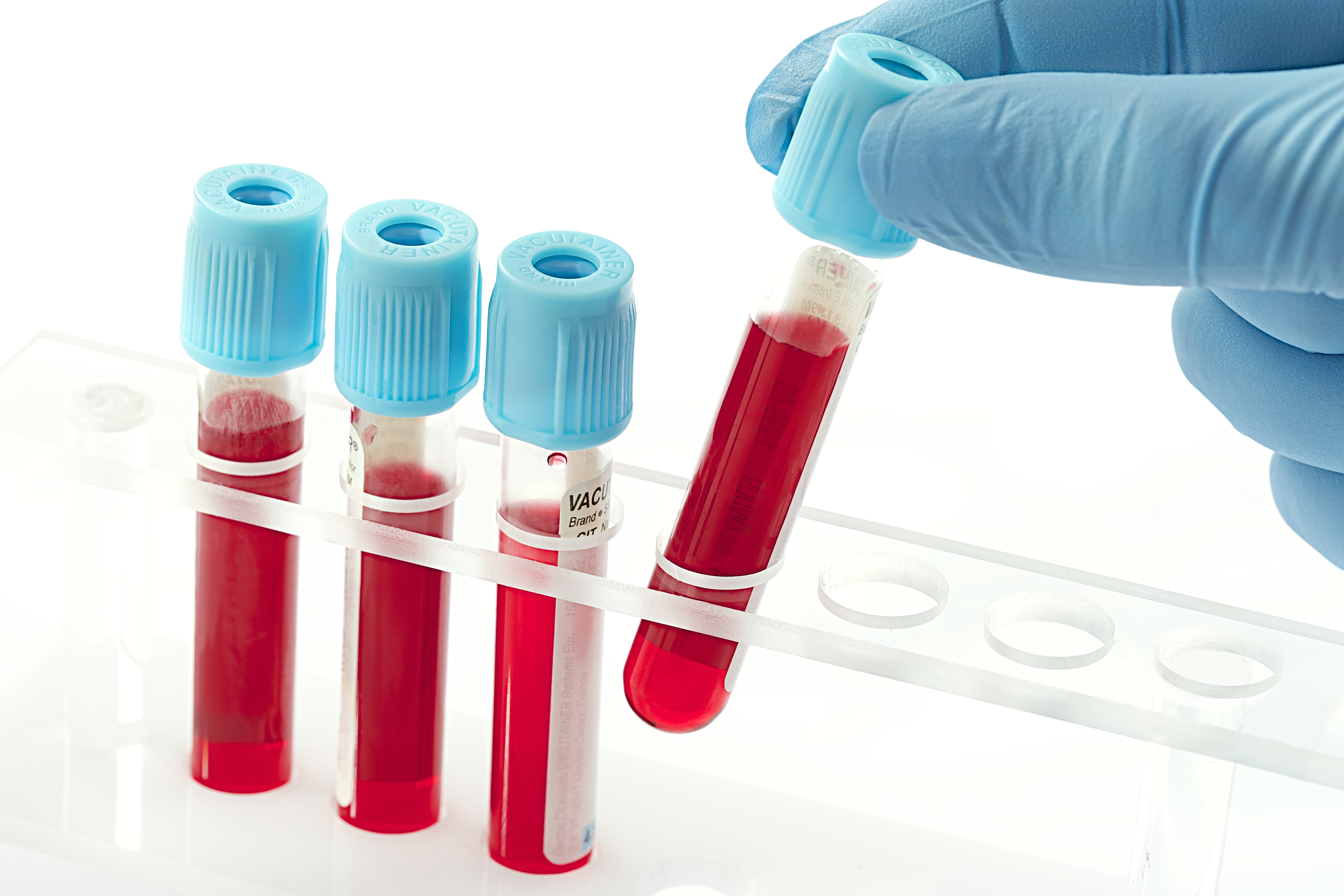Protein’s Levels in Blood May Mark SSc Patients at Risk of PAH
Written by |

Blood levels of the protein endocan may be a potential biomarker in identifying people with scleroderma who are at risk for pulmonary arterial hypertension (PAH), a study reported.
The study, which supported previous findings regarding this protein, was titled “Endocan and Circulating Progenitor Cells in Women with Systemic Sclerosis: Association with Inflammation and Pulmonary Hypertension,” and published in the journal Biomedicines.
Scleroderma, or systemic sclerosis (SSc), can lead to fibrosis (scarring) in multiple organs, inflammation, and damage to blood vessels. In some patients, these changes can cause a rare disorder known as PAH, in which the blood pressure in the arteries of the lungs is higher than normal.
Although many studies have investigated PAH in scleroderma patients, biomarkers helping to establish a PAH risk are lacking.
Proangiogenic hematopoietic cells (PHCs) that form in the bone marrow are a type of stem cell that circulates in the bloodstream. These cells can become heart muscle cells and smooth muscle cells, as well as endothelial cells — those that line blood vessel walls — and endothelial precursor cells. However, their role in scleroderma remains unclear.
Endocan, a protein expressed by endothelial cells, has been suggested as a marker of blood vessel (vascular) stress. Additionally, vitamin D and several pro-inflammatory molecules are known to modulate the interaction between bone marrow-derived cells and changes in endothelial cell function.
“Taken together, it may be conceived that PHCs and endocan could be involved in the development of PAH, but their interrelationships have not been investigated so far in SSc,” the researchers wrote.
A team from Italy investigated the association among PHC cells, endocan, vitamin D levels, inflammatory markers, and clinical parameters in 36 women with scleroderma and PAH.
Enrolled patients had a mean age of 64.1, and a mean disease duration of 78.3 months (about six and a half years). Twelve participants had limited SSc (33.3%), while 24 (66.6%) had diffuse SSc, a more severe disease form. Also included in the study were 36 age-matched healthy women as a control group. Blood samples were collected, and each patient underwent a complete clinical assessment, including an echocardiogram to establish cardiac health.
No differences in the numbers of progenitor cells were evident between patients and controls, but endocan levels were significantly higher in those with scleroderma, 365.6 nanograms per mL (ng/mL), relative to controls, 280.4 ng/mL.
Vitamin D levels were also higher in patients compared with controls (27.34 ng/mL vs. 22.47 ng/mL). Among the patients, 12 had vitamin D levels under 20 ng/mL, nine had levels between 20 and 30 ng/mL, and 16 had normal levels (greater than 30 ng/mL).
Pro-inflammatory markers like C-reactive protein, erythrocyte (red blood cell) sedimentation rate, and fibrinogen were also all higher in women with scleroderma than in those without this disease.
No difference was seen regarding endocan, vitamin D levels, and progenitor cell numbers between women with diffuse SSc and those with limited SSc.
In patients, results showed a significant correlation between low numbers of progenitor cells and high endocan protein levels. Elevated endocan levels also correlated with higher pulmonary arterial blood pressure (sPAP). A low progenitor cell count correlated with higher sPAP and fibrinogen, as well as low vitamin D. Higher sPAP linked with elevated fibrinogen.
A first statistical analysis evaluated each variable with progenitor cell numbers. Here, a low cell count was associated with higher endocan, fibrinogen, and sPAP. A subsequent analysis found that endocan and fibrinogen were potential predictors of progenitor cell numbers.
A second analysis also assessed parameters such as skin thickness. It ultimately showed that endocan level was the only potential predictor of elevated pulmonary arterial blood pressure.
“Our study seems to enforce the findings on the potential role of endocan as a biomarker of vascular health in SSc,” the scientists wrote. “The relationships between endocan and other angiogenesis [blood vessel formation] biomarkers should be evaluated by future prospective studies in order to investigate its ability in predicting vascular involvement, including PAH.”





